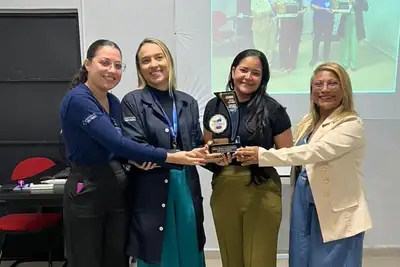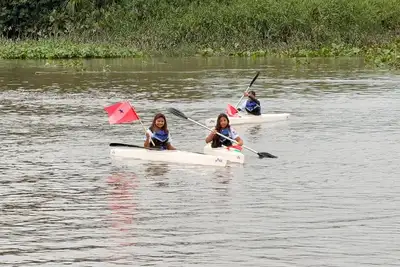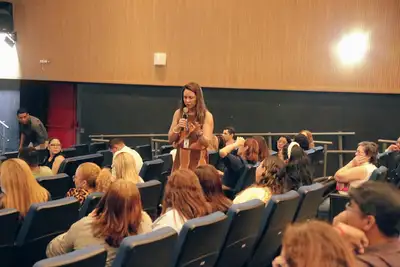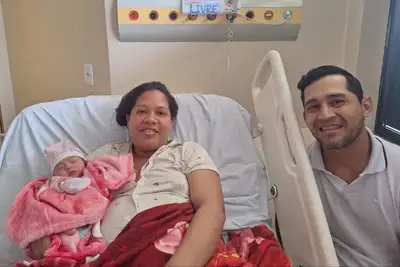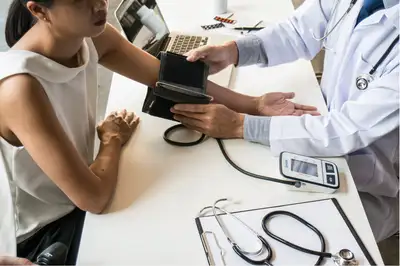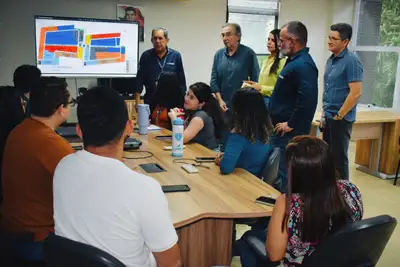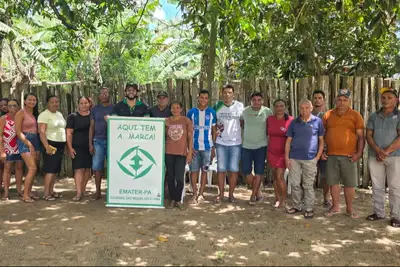Culinary Courses at the Usinas da Paz Boost Income Generation and Reinforce Knowledge for COP30
Only this year, more than 6,000 people have been certified in qualification courses promoted by the State, through Sectet
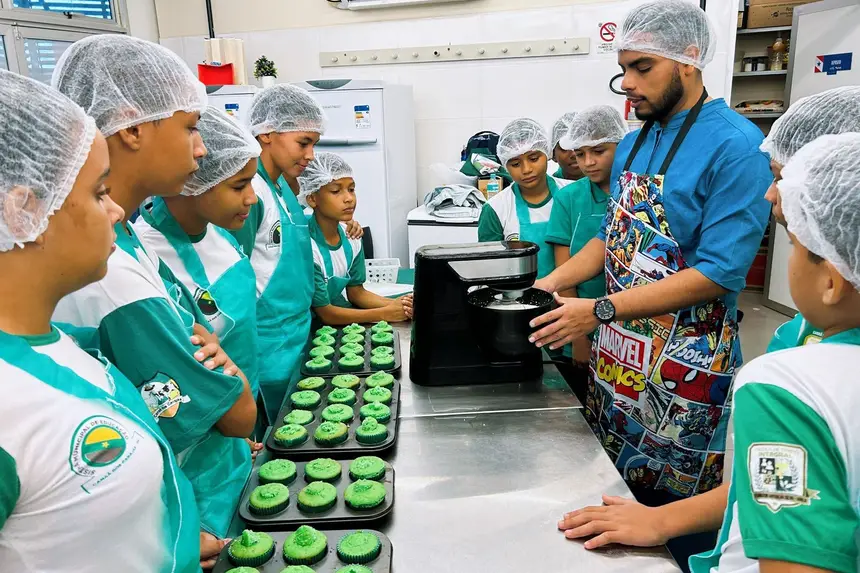
Encouraged by the culinary courses held at the Usina da Paz in Canaã dos Carajás, in southeastern Pará, Kéldria Batista decided to enroll in college, enhance her knowledge, and expand her business, which has become the main source of income for her family.
“I took more than 10 culinary courses at UsiPaz, which contributed to the opening, progress, and growth of my company, ‘Égua do Chips’, which produces banana, cassava, and sweet potato chips. This opportunity opened doors that no other place did. Before, we made chips for home snacks. But with the techniques and guidance, we started to commercialize,” says the entrepreneur.
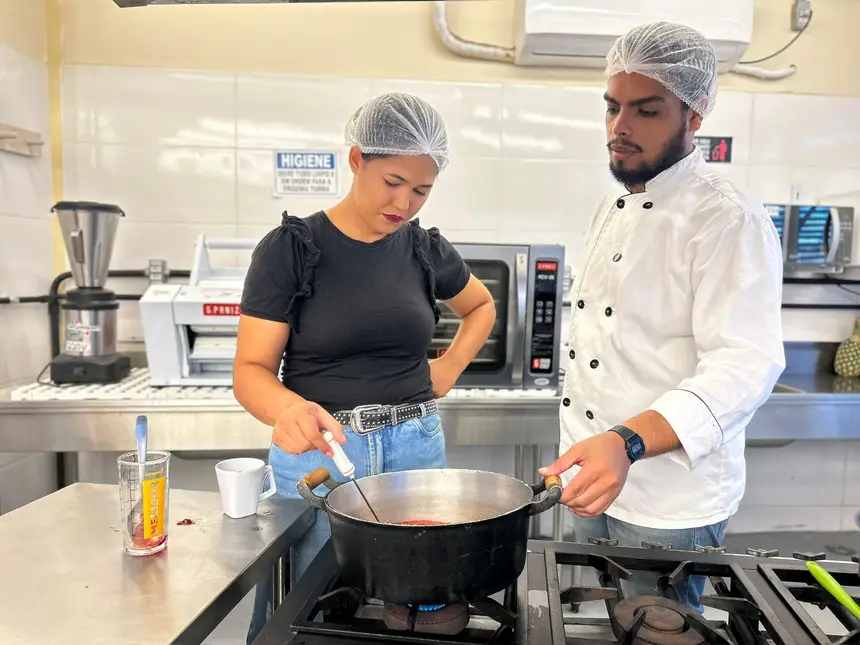
More than 23,000 students have completed culinary courses at the Usinas da Paz in Pará since 2021, when the training began. Only this year, 6,300 certifications have already been issued, in over 1,700 qualification courses in the area, promoted by the State Secretariat for Science, Technology, Higher, Professional, and Technological Education (Sectet). With this investment, the State government boosts income generation in the communities.
“Our culinary course has a unique differential. It’s not just about teaching cooking; it’s about transforming lives and preparing entrepreneurs for the market. We have several students who are already bringing financial returns home, either with their own business, as we have many excellent entrepreneurs, or absorbed by the job market as great certified professionals,” highlights Washington Berg Corrêa, director of Professional and Technological Education at Sectet.
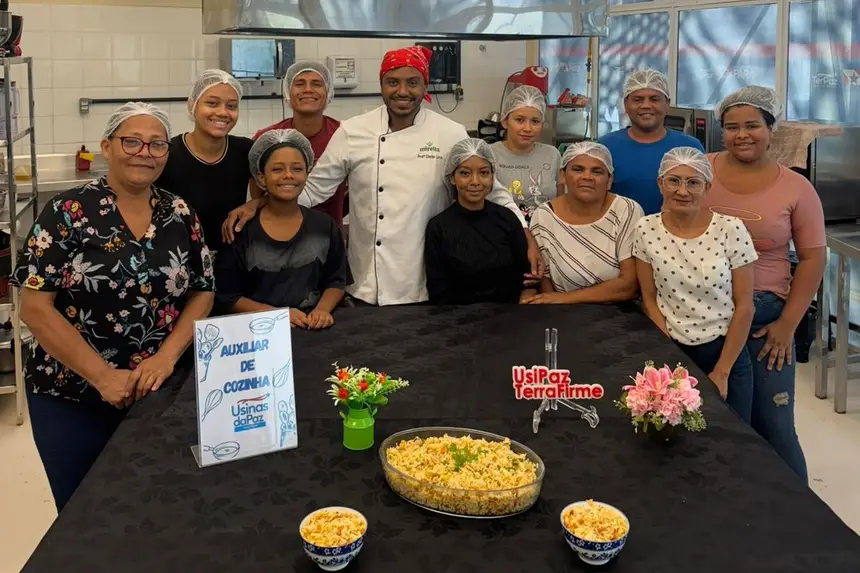
Among the main courses offered in this area at the Usinas are: baking; entrepreneurship and employability; confectionery; kitchen assistant; pasta; Pará cuisine; buffet organization; snacks; filled chocolates; waste management and reuse in food production. All courses are certified and cover topics such as the history of gastronomy, purchasing, market, inputs, and labels.
Increased Interest – Since the announcement of the United Nations Conference on Climate Change (COP30), in November this year, in Belém, the demand for the culinary course has intensified.
The coordinator of the Culinary School Laboratory at UsiPaz in Canaã dos Carajás, chef Rafael Seabra, emphasizes that the State seeks to promote free training and develop the technical capacity of interested individuals, offering theoretical and practical qualification, strengthening good hygiene practices and bioeconomy guidelines.


